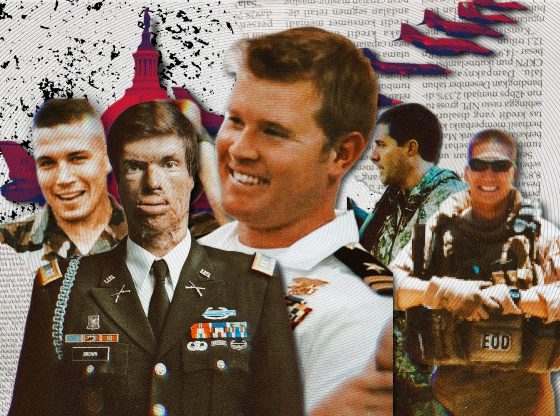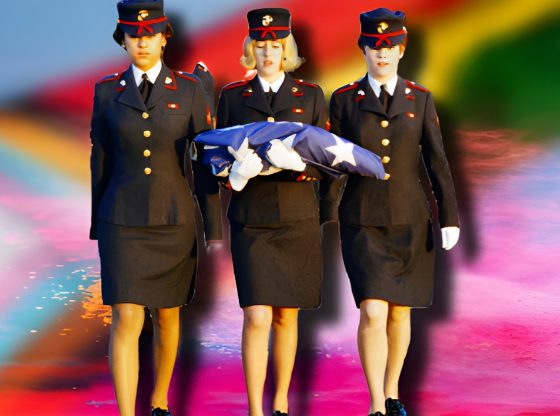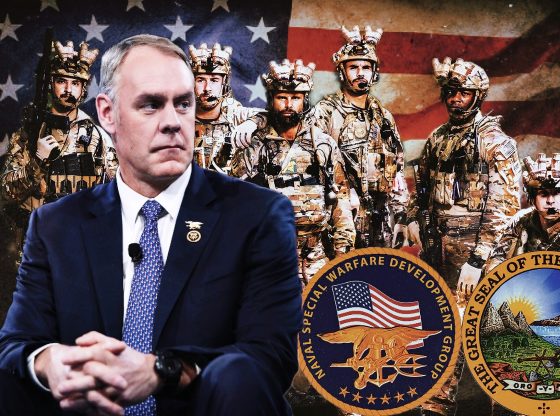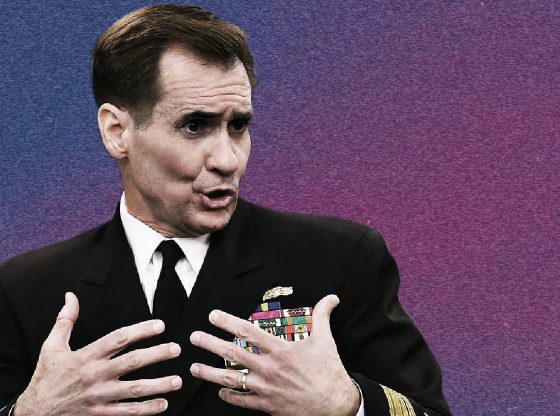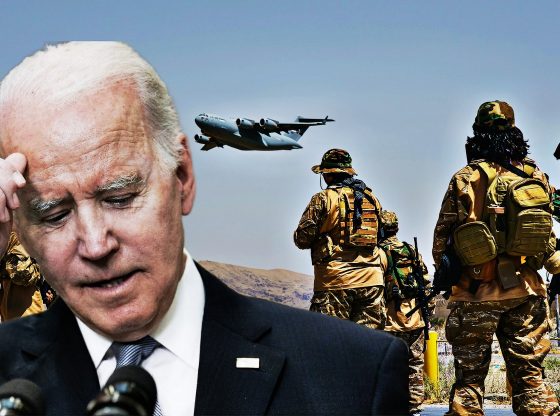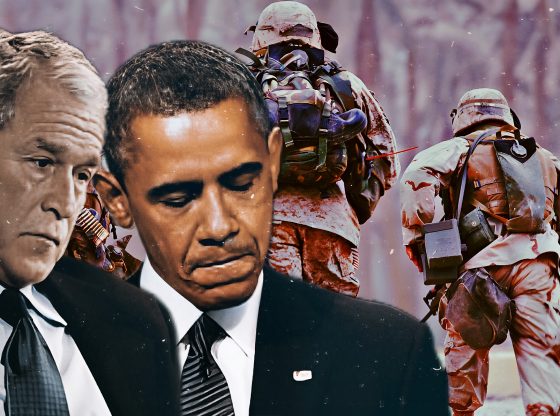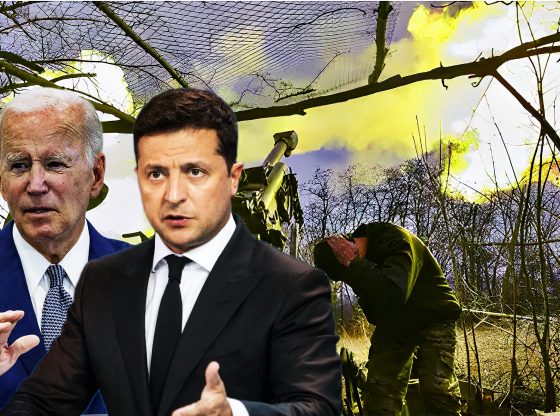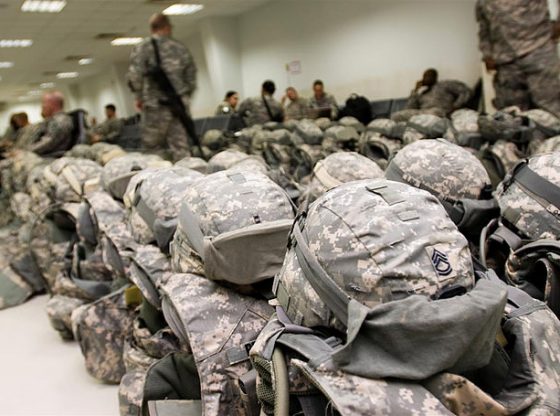After the end of the Cold War, and decades of remaining mostly in the background of Latin American politics, Latin American militaries are back in the forefront. As we’ve seen in Venezuela, Mexico, Bolivia, and elsewhere, recent political turmoil has made the region’s militaries increasingly resurgent in Latin American politics.
While some experts argue that this signals a return to the dark days of military-led authoritarian regimes, others believe this new resurgence is far different and much more benign.
Regardless of which view is more accurate, the US needs to maintain solidly engaged with the militaries of the region to protect democracy and ensure US security interests. To address the significance of the new military role in various Latin American countries, the non-profit Council of the America’s highly regarded America’s Quarterly magazine has just produced a 60-page special report: “Latin America’s 21st-Century Militaries” – “Why they’re ascendant again, what they really want, and what it means for democracies.”
In the magazine’s cover story, “It’s Not the 1970s Again for Latin America’s Militaries. Here’s Why.” FIU Professors Brian Fonseca and Frank Mora argue that Latin America’s militaries have evolved. “Several scholars and journalists were quick to declare a return of militarism in Latin America,’’ Mora and Fonseca wrote. “Some even suggested militaries were acting in a way similar to the military-led authoritarian regimes of the Cold War era. But we do not believe that is the case, at least for now. Based on our interviews and research, Latin American militaries today are generally reluctant to plunge into the middle of contested domestic politics precisely because of their disastrous experiences in the not-so-distant past.”
Not all the experts believe the region’s militaries, even in the democratic countries, are fully professional and honorable. In “The Enduring Myth of the “Non-Corrupt” Military,” Roberto Simon, argues that “the false notion that the armed forces are inherently cleaner is dangerous to democracy in Latin America.”
The report also includes a snapshot of the military in 10 Latin American countries. Two particularly good pieces are on Venezuela’s armed forces – “How Chávez Broke Venezuela’s Military” by Fabiana Sofia Perera, who explains “how the transformation of the armed forces has direct implications for the country’s crisis – and a possible transition,” and “Wiretaps and Conspiracies: An Inside Look at Venezuela’s Military” by Emilie Sweigart describing the “fear and corruption” in the regime’s armed forces.
Providing the US regional perspective, the Commander of the Pentagon’s US Southern Command, Admiral Craig Faller, wrote the piece: “Let’s Get to Work” stating that common threats – and opportunities – call for greater collaboration. “Everywhere we look, we see willing and capable militaries and security forces that want to do more, on their own, and with the United States,’’ he writes.
A glaring omission seems to be the absence of any article on Mexico. Considering the significant role of Mexico’s Army and Marines in domestic policing against narco-cartel, this appears to be a significant flaw. Otherwise, this is an excellent report with both breadth and depth on a vital security and political topic.
Paul Crespo is a national security expert and communications consultant. As an officer in the US Marine Corps, he served as a military attaché with the Defense Intelligence Agency (DIA) at several US embassies worldwide. Paul was also an Adjunct Professor of Political Science at the University of Miami and a member of the Miami Herald Editorial Board. He holds degrees from Georgetown, London, and Cambridge Universities. Paul is CEO of SPECTRE Global Risk, a security consultancy, and a Contributor to American Defense News.


